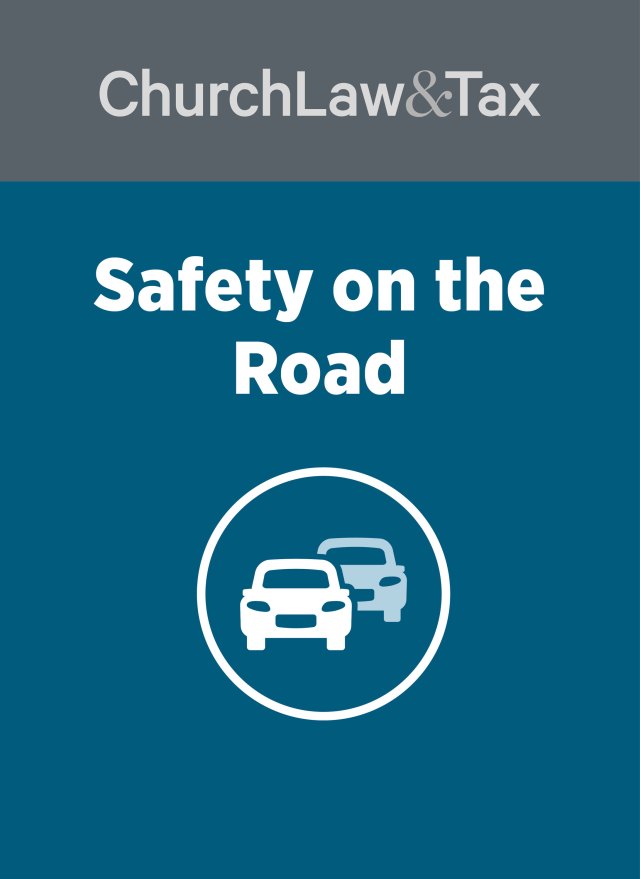• Key point: Under the “respondeat superior” doctrine, employers are responsible for the negligent acts of employees committed within the course of their employment. However, this principle does not apply to the acts of self-employed persons.
• The Supreme Court of New Hampshire ruled that a church was not responsible for injuries caused by the negligent driving of a volunteer church worker. A man operating a motorcycle sustained permanent injuries when he was struck by a car driven by a church volunteer. The volunteer was a certified public accountant and elected member of the church finance committee, and at the time of the accident was in the process of delivering church financial records to the church treasurer. The motorcycle operator sued the church, arguing that it was responsible for the volunteer’s negligence on the basis of the respondeat superior doctrine. Under this doctrine, employers are liable for the negligent acts of employees committed within the scope of their employment. The trial court dismissed the lawsuit, ruling that the volunteer “was performing services for the church as an independent contractor. She was not an employee of the church and the church had no control over her actions on the day of the accident, or any other day …. Therefore, the [church] is not vicariously liable for the alleged negligence of [the volunteer].” The motorcycle operator appealed, and the state supreme court ruled in favor of the church. The supreme court began its opinion by noting that the question in this case was whether or not to extend the respondeat superior doctrine to volunteer workers. The court did not see any reason why the respondeat superior doctrine should not be applied to volunteer workers, but it insisted that this could occur only if “the community would consider the person an employee.” The court noted that the trial judge had concluded that the volunteer in this case would not be considered an employee by the community: “[A]lthough the church may have had control over the tasks assigned to [the volunteer], it had no right to control the physical performance or the details of the accounting services she performed. To carry the plaintiff’s argument to its logical conclusion could result in a client of a certified public accountant being liable for the accountant’s negligent driving while delivering the client’s tax return.” As a result, the court concluded that the respondeat superior doctrine did not apply in this case, and accordingly the church was not legally responsible for the injuries caused by the volunteer’s negligent driving. Boissonnault v. Bristol Federated Church, 1994 WL 214688 (N.H. 1994).
See Also: Vicarious Liability | Negligence as a Basis for Liability – Defenses
© Copyright 1994, 1998 by Church Law & Tax Report. All rights reserved. This publication is designed to provide accurate and authoritative information in regard to the subject matter covered. It is provided with the understanding that the publisher is not engaged in rendering legal, accounting, or other professional service. If legal advice or other expert assistance is required, the services of a competent professional person should be sought. Church Law & Tax Report, PO Box 1098, Matthews, NC 28106. Reference Code: m58 m86 m79 c0494
